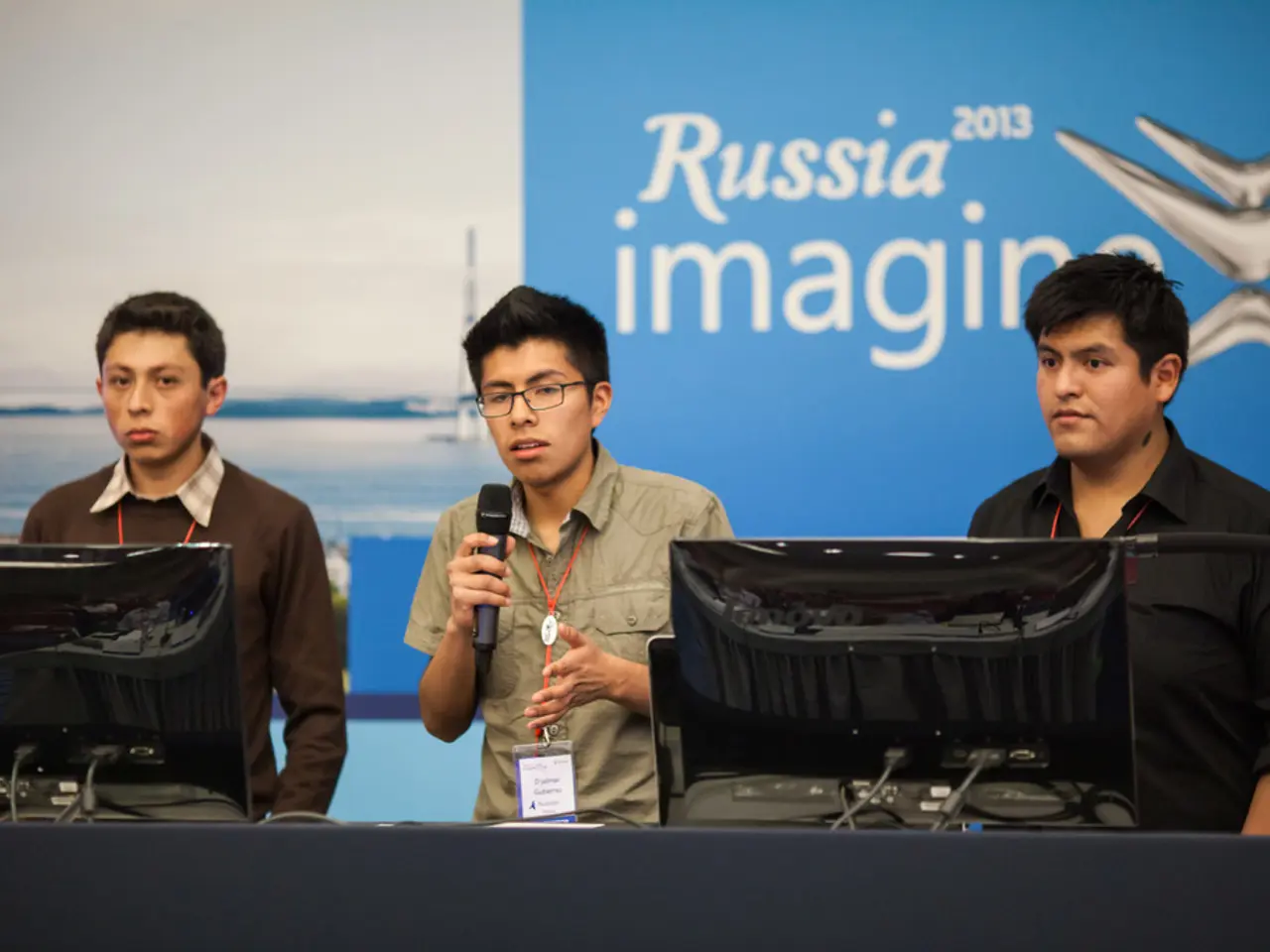Everyday prejudice in Russia: "Despite being Buryat, you're still one of our kind"
In the vast landscape of Russia, the Republic of Buryatia, which stretches along the southern shoreline and encompasses part of Lake Baikal, is home to the Buryat people, an ethnic group of Mongolic descent originating from southeastern Siberia. However, for many Buryats, moving to the western regions of Russia for education or employment can be a challenging experience, marred by stereotypes and racism.
Unfortunately, the use of the Chinese greeting "Ni hao" towards any Asian in western regions of Russia is a stereotypical and offensive expression that has persisted. This oversimplified perception of appearance dismisses the rich history and cultural diversity of the Asian community, including the Buryats, and fuels division and animosity.
Stereotypes about Buryats often include unfair characterizations based on eye shape, such as portraying them as less intelligent, more cunning, or having hidden motives. The belief that one's eye shape can somehow reveal their character, behavior, or intelligence is absurd and has no basis in reality.
A meme about "boevoy Buryat" ("battle-ready Buryats") has emerged, gaining widespread popularity after the start of the full-scale invasion of Ukraine. The meme, while intended as a joke, perpetuates harmful stereotypes about the Buryat people and their perceived role in military conflicts.
Sadly, some Russians are not even aware of which regions are part of Russia. The statement "Did you buy a passport? Is Buryatia also part of Russia?" highlights this ignorance, which can contribute to the perpetuation of stereotypes and racism.
Derogatory expressions like "I thought you could only herd cattle" or "Wow, you can do that?" are based on stereotypes about the low intelligence or qualifications of Asians in Russia. These comments are not only offensive but also damaging, as they create actual barriers between people and narrow the boundaries of the world.
The statement "Even though you are Buryat, you are still one of us" is a racist statement that categorizes people into specific groups. It implies that being Buryat is somehow separate and other, and that Buryats must prove their worthiness to be considered part of Russian society.
Real-life experiences prove that such comments are still prevalent. Purbe Dambiev, a Buryat of Mongolian origin who currently lives in Mongolia, has spoken out about the racism he experienced while living in Russia. He notes that the complex of "slant eyes" did not emerge out of thin air, and some Asians attempt to address it by undergoing a "European eye fold" surgery, which is popular not only in Russia's national republics but also in Kazakhstan.
The article was published in Baikal People Journal on September 14, 2023, and serves as a reminder that stereotypes and racism continue to be a problem in Russia. It is essential that we work towards promoting understanding, respect, and acceptance of all cultures and ethnicities to create a more inclusive and harmonious society.








